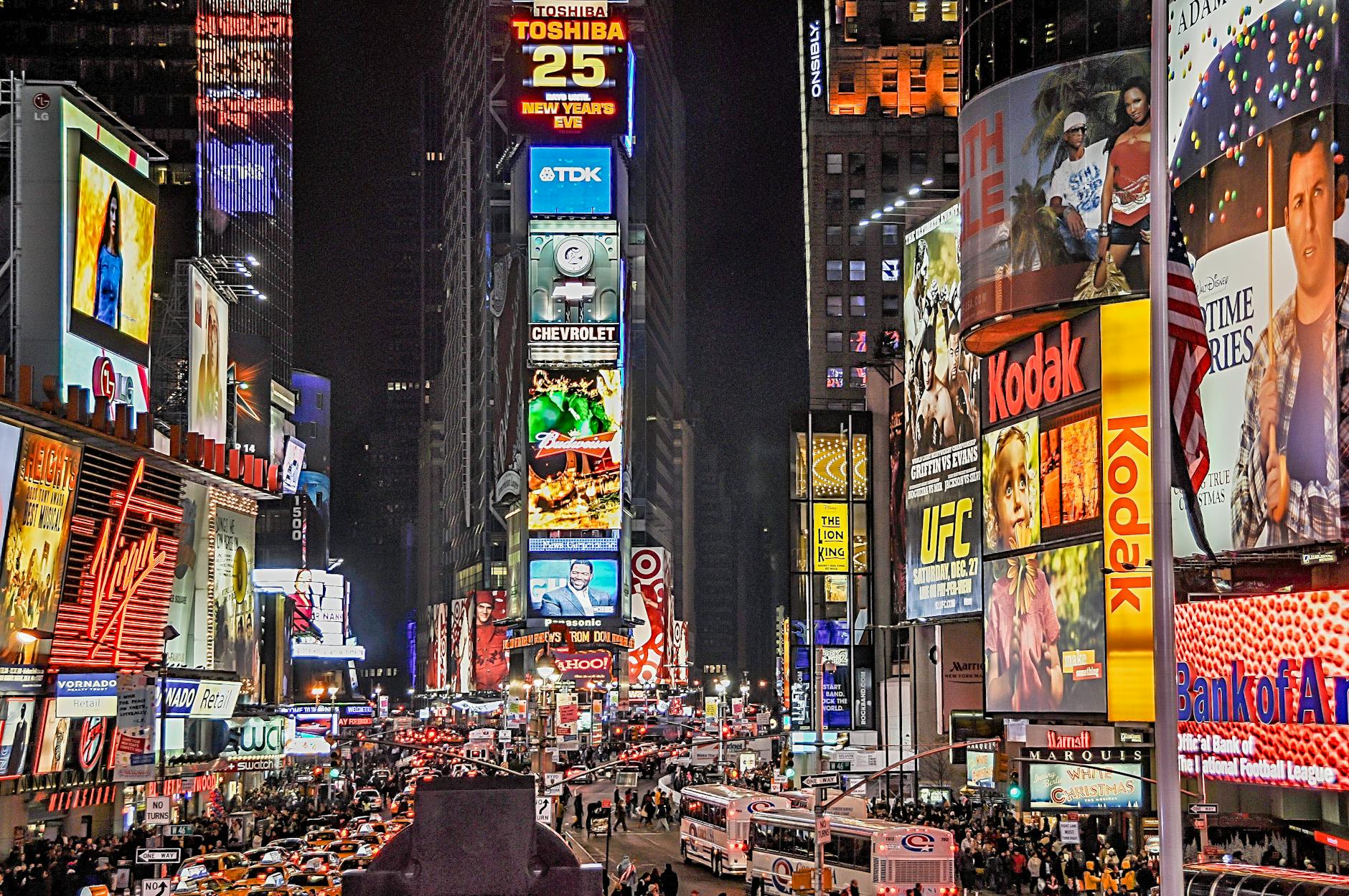Revolutionizing Urban Mobility with Sustainable Transport
Are electric buses and BRT systems the key to a greener future?
In today’s fast-paced world, transportation plays a vital role in connecting people to various opportunities and services. However, traditional modes of transportation often come at a significant cost to the environment and public health. As the global population continues to grow and urbanize, it is crucial to explore sustainable transportation options that can help reduce emissions, improve air quality, and promote healthier lifestyles.
Sustainable Transportation: A Pathway to a Greener Future
Transportation is a critical driver of economic and social development. It enables access to jobs, education, healthcare, and fosters connectivity among communities. Unfortunately, the current state of transportation contributes significantly to air pollution and climate change. With approximately 64% of global oil consumption attributed to transport, urgent measures are required to transition towards more eco-friendly alternatives.
Reimagining Public Transportation: Electric Buses and Trains
Public transportation systems have long been recognized as an efficient way to move large numbers of people while minimizing individual carbon footprints. Electric buses and trains are sustainable alternatives that offer significant benefits over traditional modes of transport.
Electric buses produce lower emissions compared to their fossil fuel counterparts. By utilizing clean energy sources such as solar or wind power for charging stations, electric buses can further minimize their environmental impact. In addition, these vehicles operate silently without contributing excessive noise pollution commonly associated with diesel-powered buses.
Trains are another sustainable option for mass transit systems. They rely on electricity instead of fossil fuels for propulsion, resulting in reduced greenhouse gas emissions per passenger mile traveled. What’s more, trains have higher capacity than other forms of public transport like buses or personal cars, making them an ideal choice for densely populated areas.
Bus Rapid Transit (BRT): Revitalizing Urban Mobility
Bus Rapid Transit (BRT) systems provide an efficient solution for urban mobility challenges by combining the speed and reliability of rail-based systems with the flexibility and affordability of bus services. These dedicated bus lanes prioritize public transportation, allowing for faster and more reliable commutes. BRT systems like Transjakarta in Jakarta, Indonesia, have already achieved significant milestones by serving millions of passengers daily.
The implementation of BRT systems offers several advantages. They provide a cost-effective alternative to building expensive rail networks, making them accessible to cities with limited budgets. In the same vein, BRT systems can be easily expanded to serve larger regions and residential areas that are otherwise inaccessible by other means of public transportation.
Embracing Active Transportation: Cycling and Walking
Cycling and walking are sustainable modes of transport that not only reduce carbon emissions but also promote physical activity and improve overall well-being. These active transportation options offer numerous benefits for both individuals and communities.
Cycling infrastructure, such as bike lanes and bike-sharing programs, encourages people to choose bicycles as a means of transportation. It helps alleviate traffic congestion while providing an opportunity for exercise. Furthermore, cycling has been associated with improved mental health, reduced stress levels, and increased productivity.
Walking is another eco-friendly way to commute short distances within urban areas. Pedestrian-friendly streets with sidewalks and crosswalks enhance safety while encouraging people to explore their surroundings on foot. Walking promotes healthier lifestyles by incorporating physical activity into daily routines.
The Role of Sustainable Transport in Global Development
Transportation has always played a pivotal role in supporting economic growth and societal progress. However, the negative environmental impacts stemming from conventional modes of transport call for urgent action towards sustainability in this sector.
Connecting Communities: Infrastructure Development
Transport infrastructure plays a vital role in connecting communities across the globe. Roads, highways, bridges, railways, ports – all contribute to fostering economic development by facilitating trade flows and enabling access to essential services.
While developed nations often boast well-connected transport networks offering multiple options for commuters, low-income countries still face significant challenges regarding accessibility. Many regions lack all-weather roads necessary for year-round mobility or reliable public transportation options. Addressing these disparities is crucial to promoting sustainable development and ensuring equal opportunities for all.
Environmental Implications: Reducing Emissions and Improving Air Quality
The transportation sector is responsible for a substantial portion of global carbon dioxide (CO2) emissions. As the fastest-growing source of energy-related greenhouse gas emissions, it is imperative to adopt sustainable transport solutions that reduce environmental impacts.
Transitioning towards electric vehicles, particularly in urban areas, can significantly contribute to emission reductions. Electric cars produce fewer greenhouse gas emissions compared to conventional gasoline or diesel-powered vehicles. However, it is essential to consider the infrastructure required for charging stations and address potential challenges related to battery production and disposal.
Improving public transportation systems also plays a vital role in reducing overall emissions. Efficient transit services like BRT systems or electric trains can incentivize people to choose public transport over personal vehicles, consequently reducing traffic congestion and decreasing air pollution levels.
Health Benefits: Active Transportation’s Positive Impact
Promoting sustainable transport options not only benefits the environment but also has significant positive implications for public health. Encouraging active modes of transportation like cycling and walking contributes to physical activity levels among individuals, leading to improved cardiovascular health, weight management, and reduced risk of chronic diseases.
Incorporating daily exercise into commuting routines through active transportation options offers an accessible way for individuals to stay physically fit without requiring additional time or resources. Furthermore, encouraging walking or cycling infrastructure fosters vibrant communities by creating more pedestrian-friendly spaces that promote social interactions among residents.

Finally
Sustainable transportation options hold immense potential in creating a greener future while addressing pressing environmental concerns. By prioritizing public transportation systems like electric buses and trains alongside initiatives such as Bus Rapid Transit (BRT), cities can alleviate traffic congestion, reduce emissions, and improve air quality.
Embracing active transportation modes like cycling and walking further enhances the sustainability agenda by promoting healthier lifestyles while minimizing carbon footprints. Investing in infrastructure development, especially in low-income regions, is crucial for achieving equitable access to transportation services and fostering economic growth.
As we navigate the challenges of a rapidly urbanizing world, sustainable transport must be at the forefront of policy decisions and investment strategies. By prioritizing eco-friendly commuting options and promoting community well-being, we can pave the way for a more sustainable and prosperous future for all.
References
- The Road To Sustainable Transport International Institute For
- 7 Eco Friendly Transportation Methods To Help Reduce Air Pollution
- PDF Sustainable Transport Sustainable Development
- Here Are Five Policies To Make Transport More Sustainable In Cities
- Sustainable Transportation Eco Friendly Commuting Options
